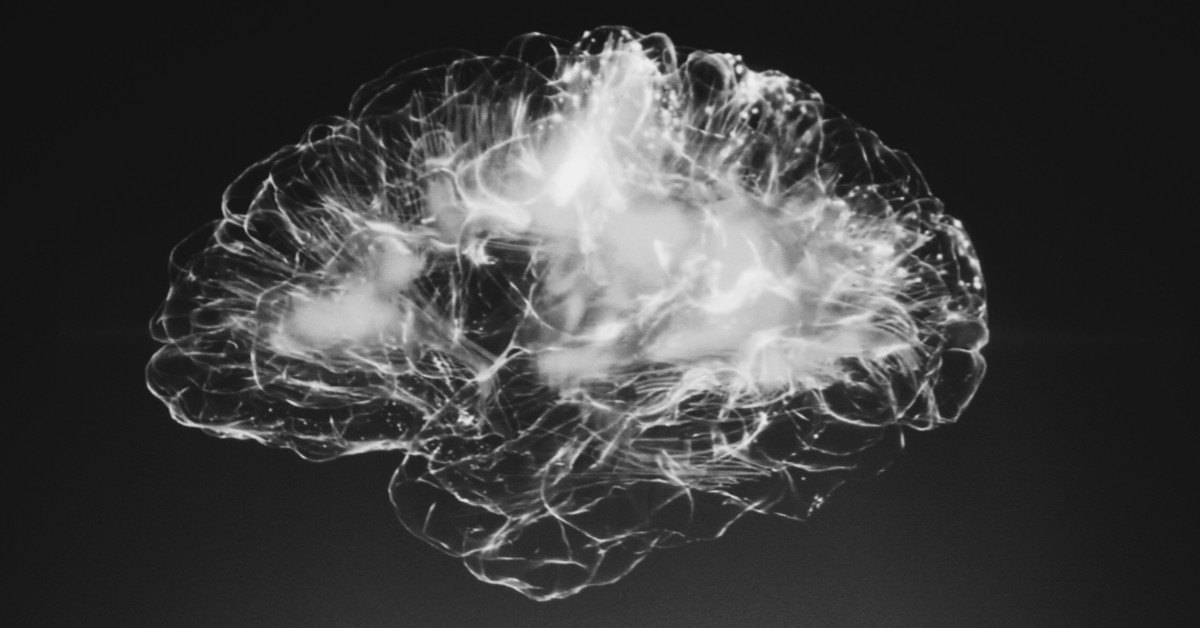
As we grow older, all of our bodies’ systems grow and change with us — including our brains. Increased forgetfulness and other cognitive challenges are often seen as normal age-related changes, and these challenges are not necessarily cause for concern about Alzheimer’s or other diagnosable dementia. But what is actually happening to the brain during normal age-related change? Is there any way to prevent or minimize increased cognitive challenges as we grow older? Is it an inevitability?
In today’s post, our elder care experts at Your Healing Touch will lay out the research on what’s happening to your brain as you age — and how you can make the most of your noggin deep into your elder years. Read on to learn more, and contact us for more information about our senior care services in Indiana. We strive to empower elders of all independence levels to enjoy the highest possible quality of life in the comfort of their own home, and we can offer specialized dementia care or Alzheimer’s care to those who are living with greater cognitive challenges.
In a previous blog, we went over how to tell the difference between early symptoms of Alzheimer’s and natural age-related memory changes. Normal age-related cognitive changes may include the following:
Although all of these are symptoms of “normal” aging, what is actually happening in your brain to cause this? And how can you minimize the impact of aging on your brain?
As we grow older, all of our body’s systems go through a gradual decline, including our brains. Experts believe that, beginning in our 60s and 70s, our brains shrink in mass. When the hippocampus and frontal lobe of the brain — both areas involved in creating new memories and interpreting old ones — shrink, our ability to create and recall memories diminishes as well. Additionally, when the outer-ridged surface of our brain shrinks, we have access to fewer synaptic connections, which may lead to slower processing.
Researchers also believe that as it ages, the brain generates fewer chemical messengers like dopamine, serotonin, and norepinephrine, which can lead to reduced cognition and memory and higher susceptibility to depression.
Although we are still discovering how to prevent and minimize cognitive decline, researchers at Northwestern University’s Feinberg School of Medicine are making breakthroughs by studying a group of elders they call “SuperAgers.”
SuperAgers include people over the age of 80 who have the brain functionality of a person decades younger. Their memories are sharp and their minds are quick and clear. Researchers at Northwestern compared this group to a control group and found that the SuperAgers’ brains are shrinking at a much slower rate than those of their same-age peers. Their greater resistance to cognitive decline shows that age-related memory issues may not be inevitable.
Experts agree that keeping your brain healthy is mostly a matter of keeping in good overall health. Get enough exercise and sleep, eat well, and monitor the quantifiable markers of health, including blood pressure levels, cholesterol, and weight. A healthy body supports a healthy brain, and vice versa.
For more information on what you can do to keep your brain healthy and happy, check out our recent blog, “How to Keep Your Brain Sharp As You Grow Older.”
If you or your loved one are going through age-related cognitive changes that are affecting your ability to live independently, then the elder care experts at Your Healing Touch are ready to help. Our in-home caregivers can offer any level of medical or non-medical care, including specialized dementia care, to senior citizens in the comfort of their own home. Our elder care services are available throughout Indiana, so be sure to contact us to get started on your home health journey today. We will strive to provide you the highest quality of life possible in the comfort of home, no matter your elder care needs. Call now! We’re ready to assist.